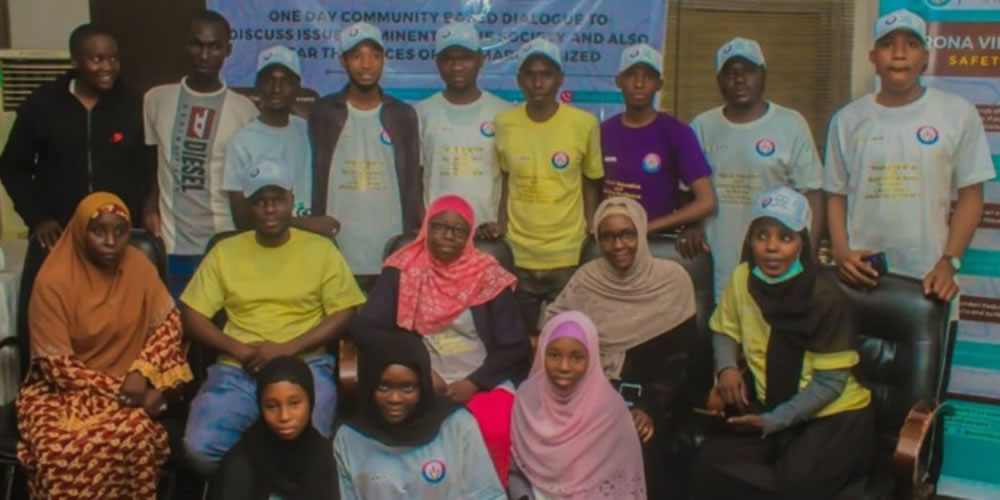
Recognizing and Validating Experiences:
Empowerment begins with acknowledging and validating the experiences of cancer survivors and caregivers. Recognizing their emotions, challenges, and triumphs helps create a supportive environment that fosters healing and growth. By acknowledging their unique journey, we can empower them to share their stories, be heard, and find strength in knowing they are not alone.
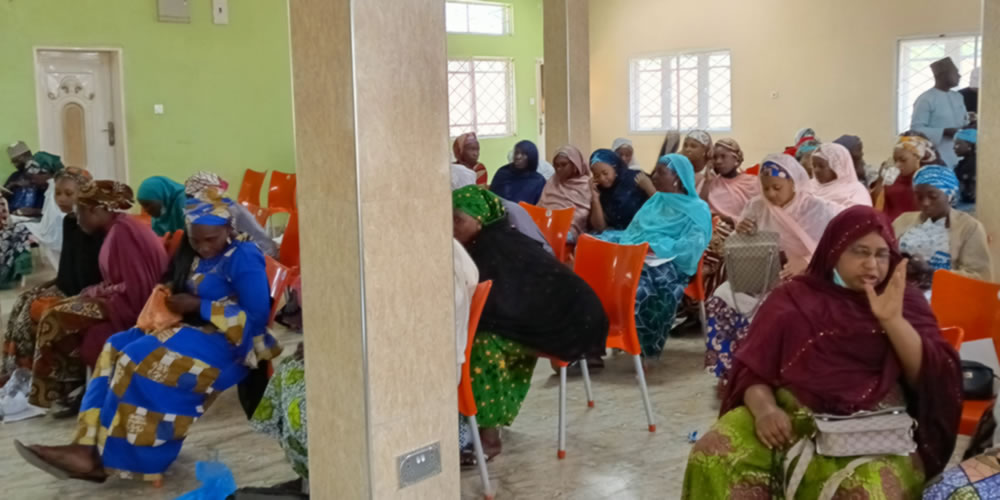
Supportive Networks and Communities:
Building supportive networks and communities is essential for empowering cancer survivors and caregivers. Connecting with others who have faced similar experiences creates a sense of belonging and provides emotional support. Support groups, online communities, and survivorship programs offer spaces for sharing stories, exchanging advice, and finding comfort in the company of those who understand the journey firsthand.
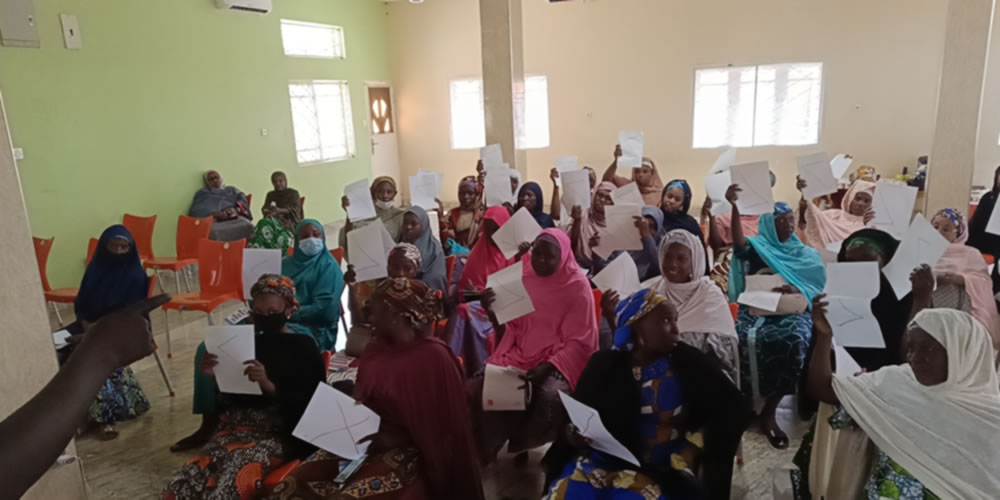
Access to Information and Resources:
Empowerment involves providing cancer survivors and caregivers with comprehensive information and access to resources. This includes education about the disease, treatment options, and available support services. Empowering individuals with knowledge enables them to make informed decisions, actively participate in their care, and advocate for their needs.
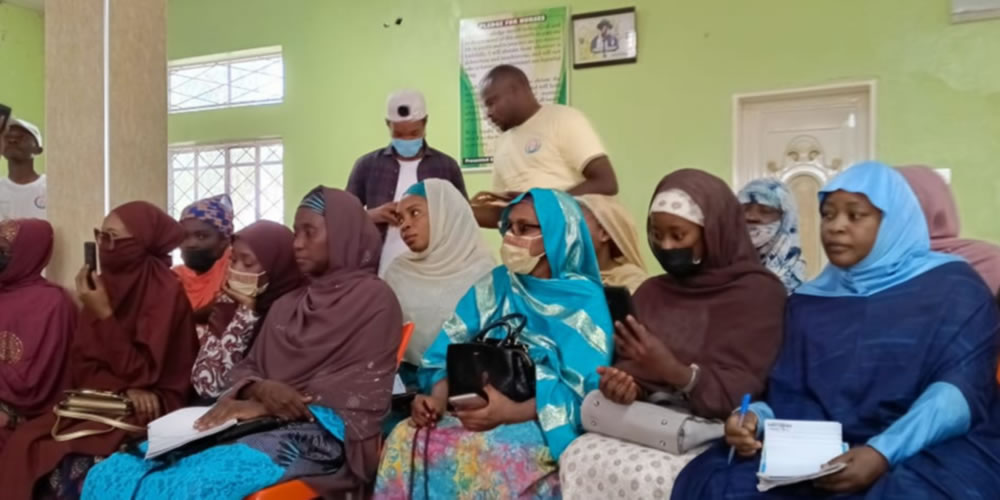
Advocacy and Education:
Empowerment extends to the ability to advocate for oneself and others within the healthcare system. Cancer survivors and caregivers should be encouraged to actively participate in their treatment decisions, ask questions, and seek clarification when needed. Providing education on self-advocacy empowers them to navigate the complexities of the healthcare system and become partners in their care.
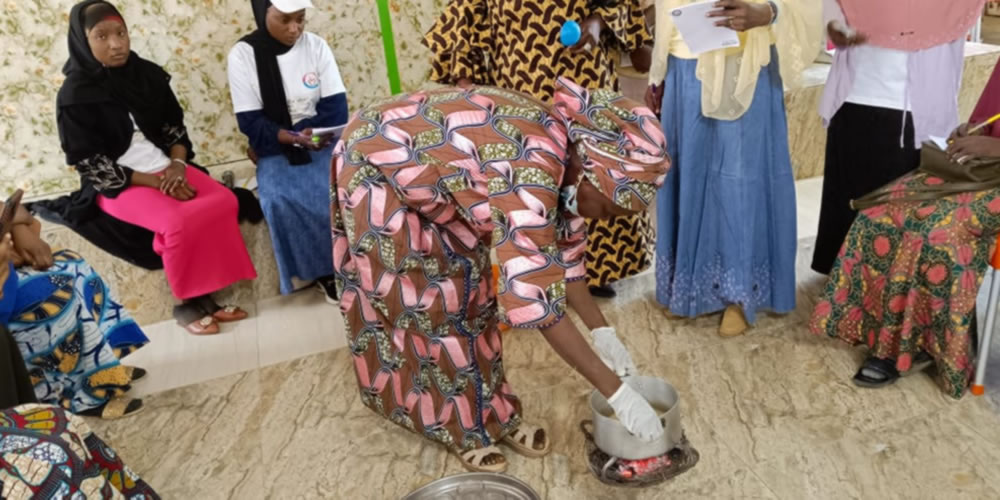
Skills Development and Training:
Empowering cancer survivors and caregivers involves providing them with skills and training to enhance their ability to cope with the challenges they may face. This can include workshops on communication, stress management, coping strategies, and problem-solving skills. Equipping them with these tools enhances their resilience and empowers them to face the uncertainties of the cancer journey with confidence.
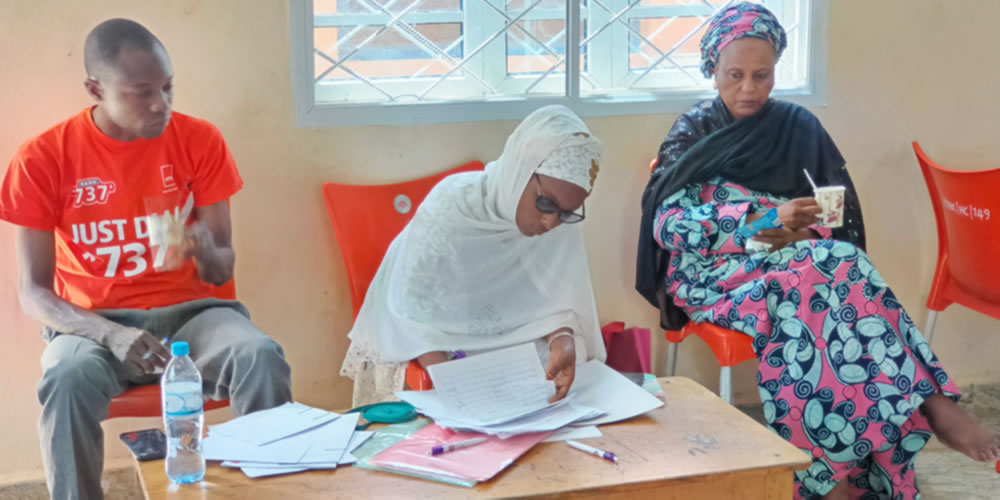
Encouraging Self-Care and Wellness:
Empowerment involves prioritizing self-care and wellness for cancer survivors and caregivers. Encouraging them to practice self-care activities, such as exercise, mindfulness, and relaxation techniques, promotes physical and emotional well-being. Empowerment also means recognizing that caregivers need support and respite to maintain their own health while caring for their loved ones.
